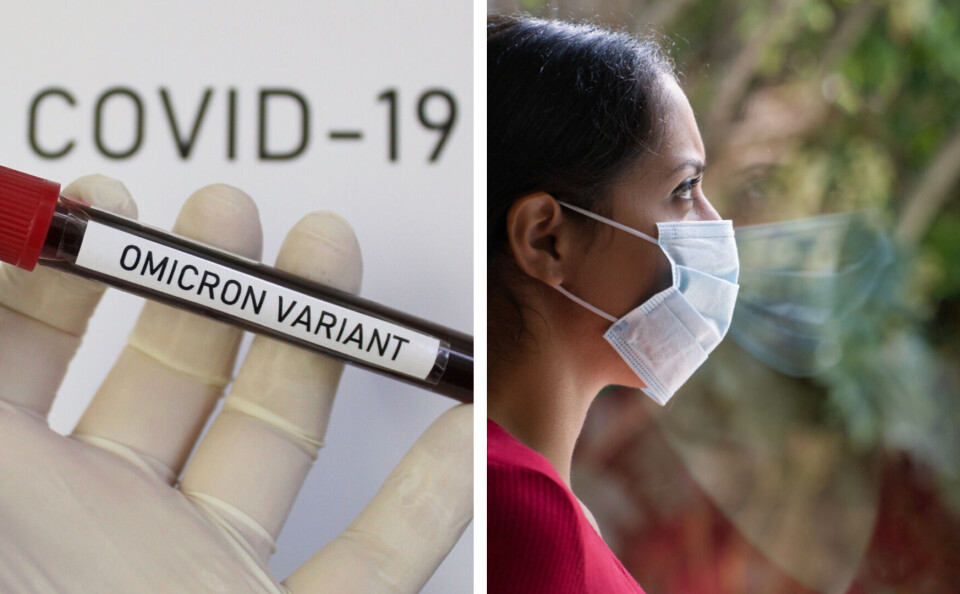-
How many Americans live in Paris - and where else are they choosing in France?
Over a quarter of all US nationals in France live in the capital city
-
Price rises for Netflix in France
The Standard (with ads) and Premium packages are increasing by €24 a year
-
Leclerc supermarkets to sell car fuel at cost price for Easter
The initiative will apply to diesel, petrol, and LPG
New Omicron variant: France requires contact cases to isolate
The new rule will apply even to fully vaccinated people, as the health minister says it is a ‘matter of hours’ before a case is identified in France

Self-isolation will be required for contacts of people suspected of being infected with the new Omicron variant of Covid-19 in France, as the health minister says “it is probably” already present in the country.
Officially, no cases of Omicron – or B1.1.529 – have been reported in France.
Yet, Health Minister Olivier Véran today (Sunday, November 28) said that it was “a matter of hours” before a case would be identified, and that “it is very probable that there are already cases spreading” in the country.
So far, French authorities have stated that any contact cases for people who test positive for Omicron will be required to self-isolate, even if they are fully vaccinated.
On Friday, November 26, the health ministry stated: "Any contact at risk of a possible or confirmed case of variant B1.1.529, regardless of vaccination status, should be considered a 'high-risk contact' and should be placed in quarantine."
‘Variant of Concern’
Also on Friday, the World Health Organisation (WHO) officially termed Omicron a ‘Variant of Concern (VOC)’.
This means it has the potential to have a higher degree of transmissibility, harmfulness, or resistance to Covid treatments, including vaccines.
It is the fifth variant to be classified as such, after Alpha, Beta, Gamma and Delta, the latter of which makes up the vast majority of cases in France.
“This variant has a large number of mutations, some of which are concerning. Preliminary evidence suggests an increased risk of reinfection with this variant, as compared to other VOCs,” the WHO wrote in a statement on Omicron.
“The number of cases of this variant appears to be increasing in almost all provinces in South Africa,” it added.
French government health agency Santé publique France stated yesterday that knowledge about the variant is “still incomplete” and it is working to develop it further.
European cases
While South Africa is currently the main hotspot for the variant, cases have already been identified in Belgium, the UK, Italy, Germany, the Czech Republic, and the Netherlands.
In the latter country, around 60 passengers arriving from Johannesburg are still in quarantine in a hotel near the airport.
The Netherlands’ National Institute for Public Health and the Environment (RIVM) stated: “The Omicron variant has probably been found among the people tested.”
Travel restrictions have already been put in place as a means to combat the variant.
This includes the UK requiring Day 2 PCR tests and self-isolation until a negative result, for all international arrivals regardless of departure country or vaccination status, from 04:00 on Tuesday, November 30.
Related stories
New Omicron variant: PCR and isolation for arrivals to UK from France
Omicron: Zero cases of new Covid variant of concern in France so far
French Minister: Detection of Covid Congo strain shows tracking works
New French study reveals places where Covid infections most likely
























